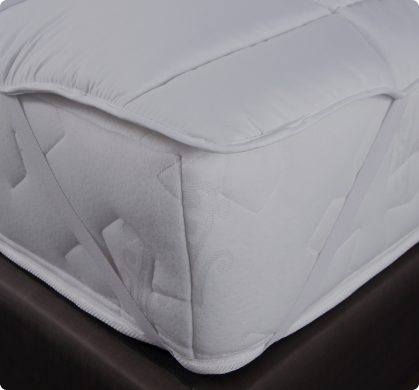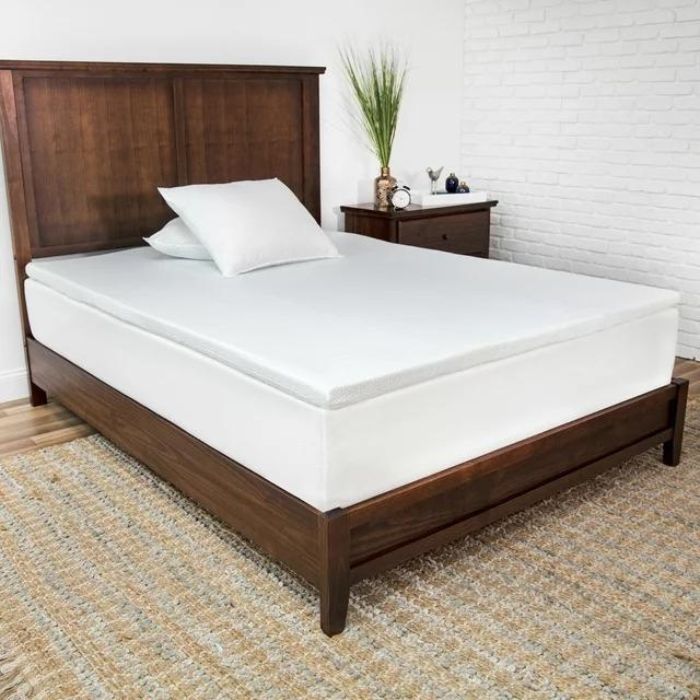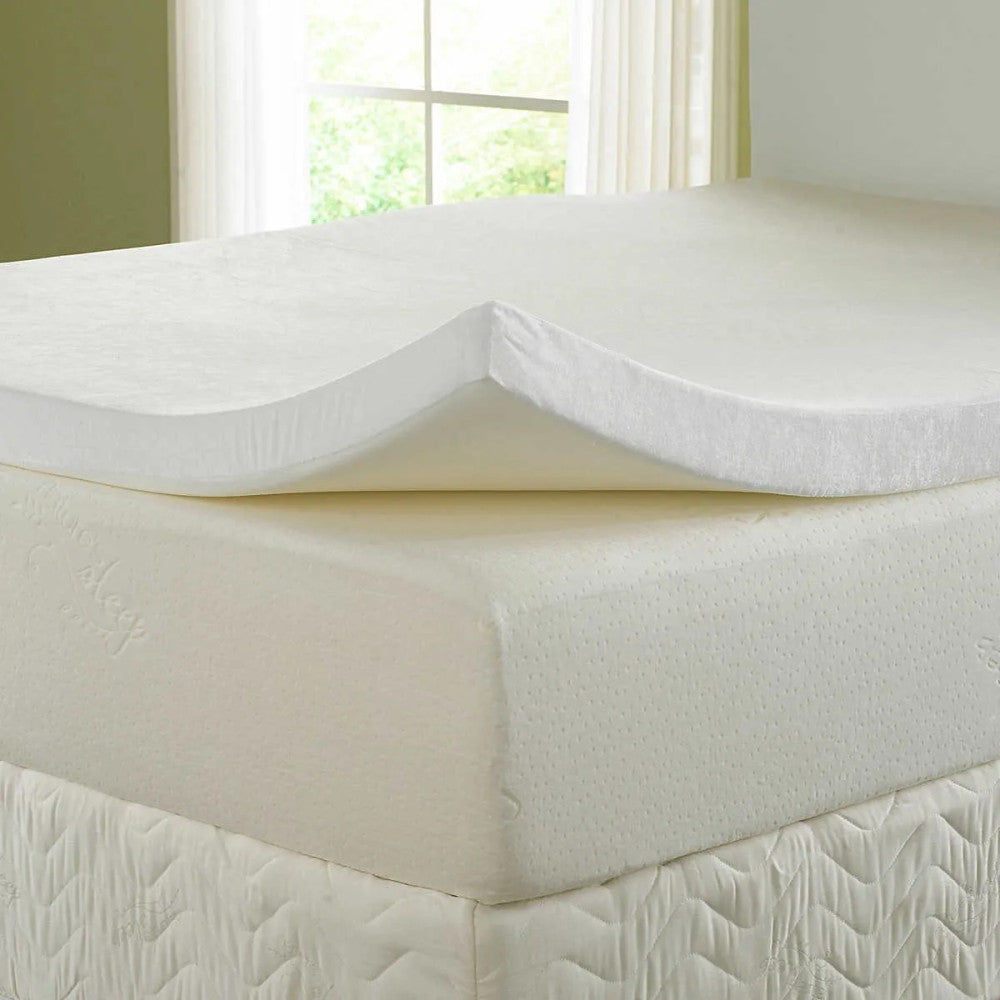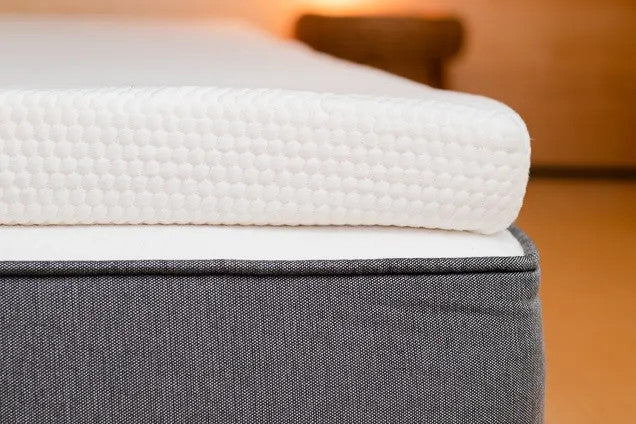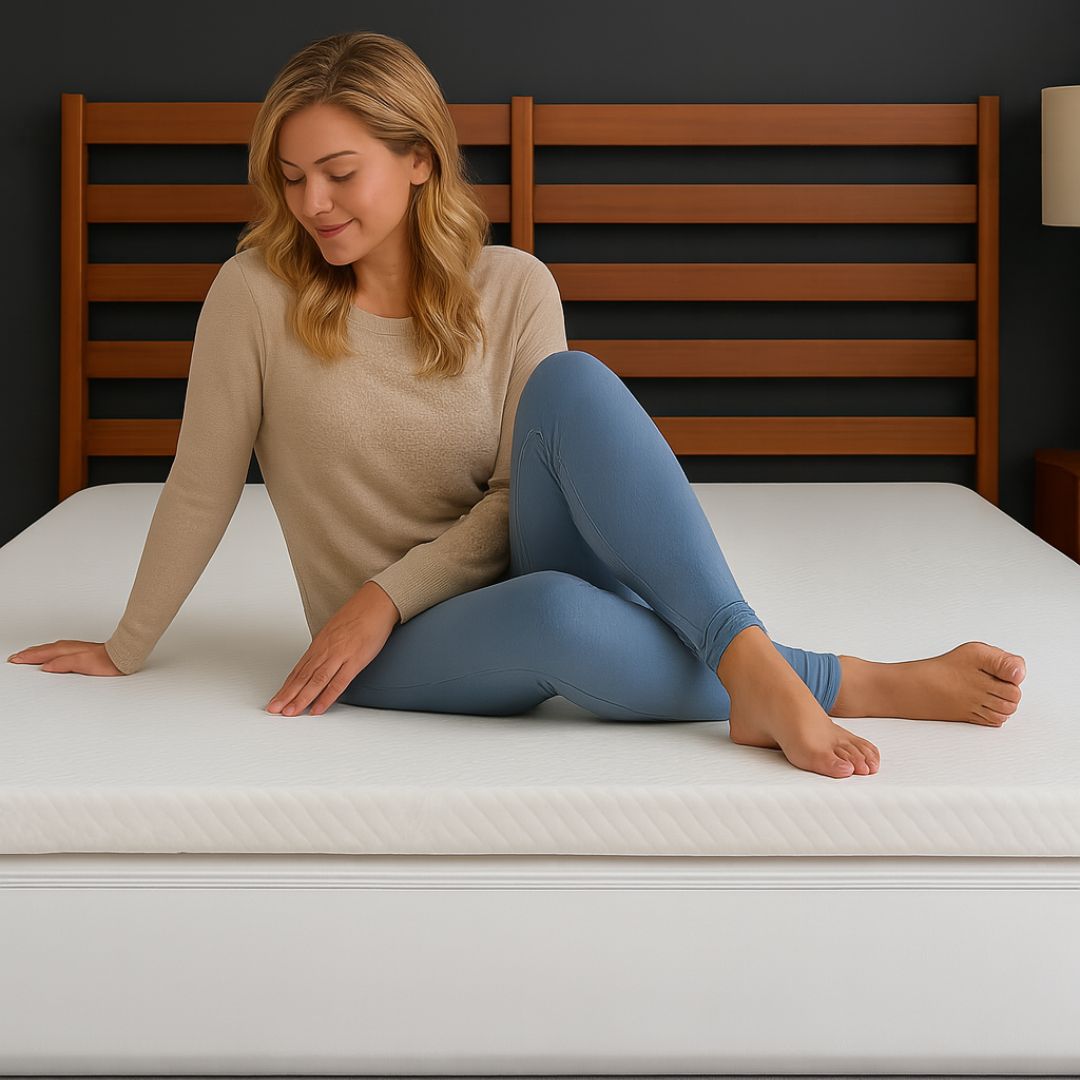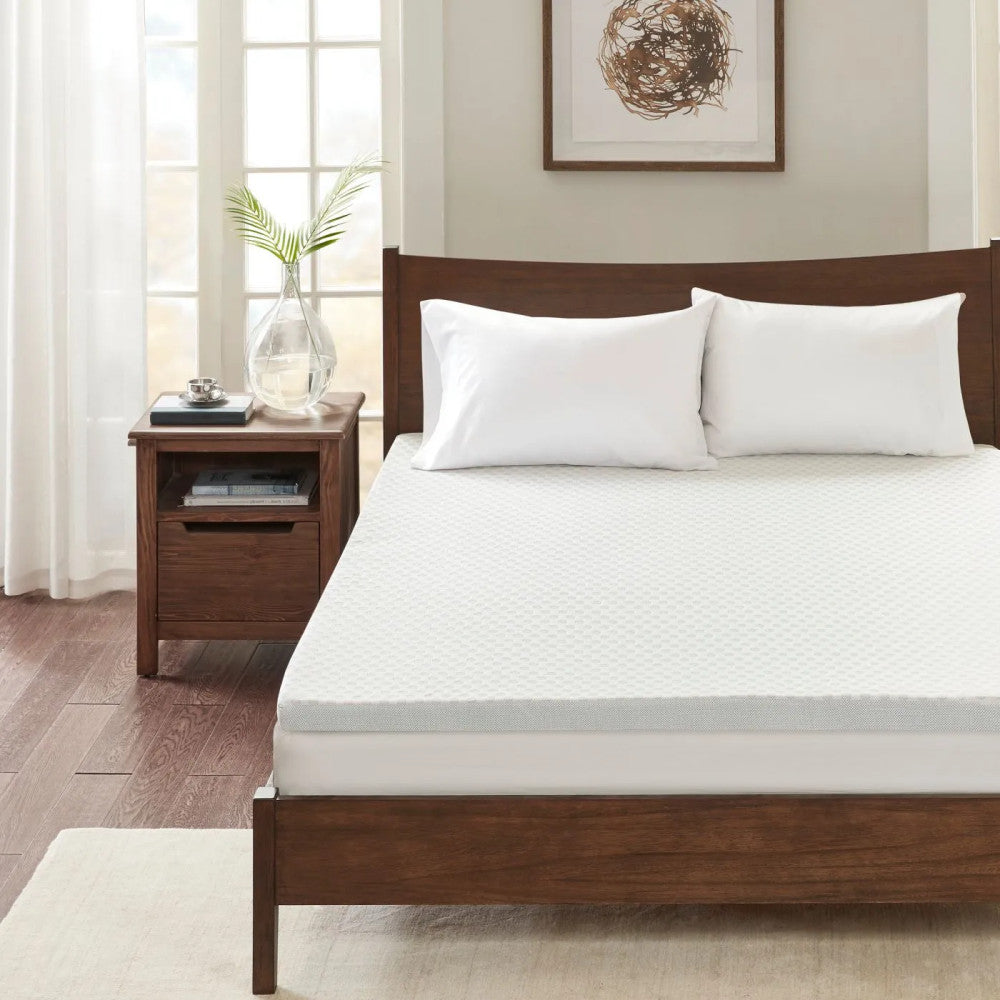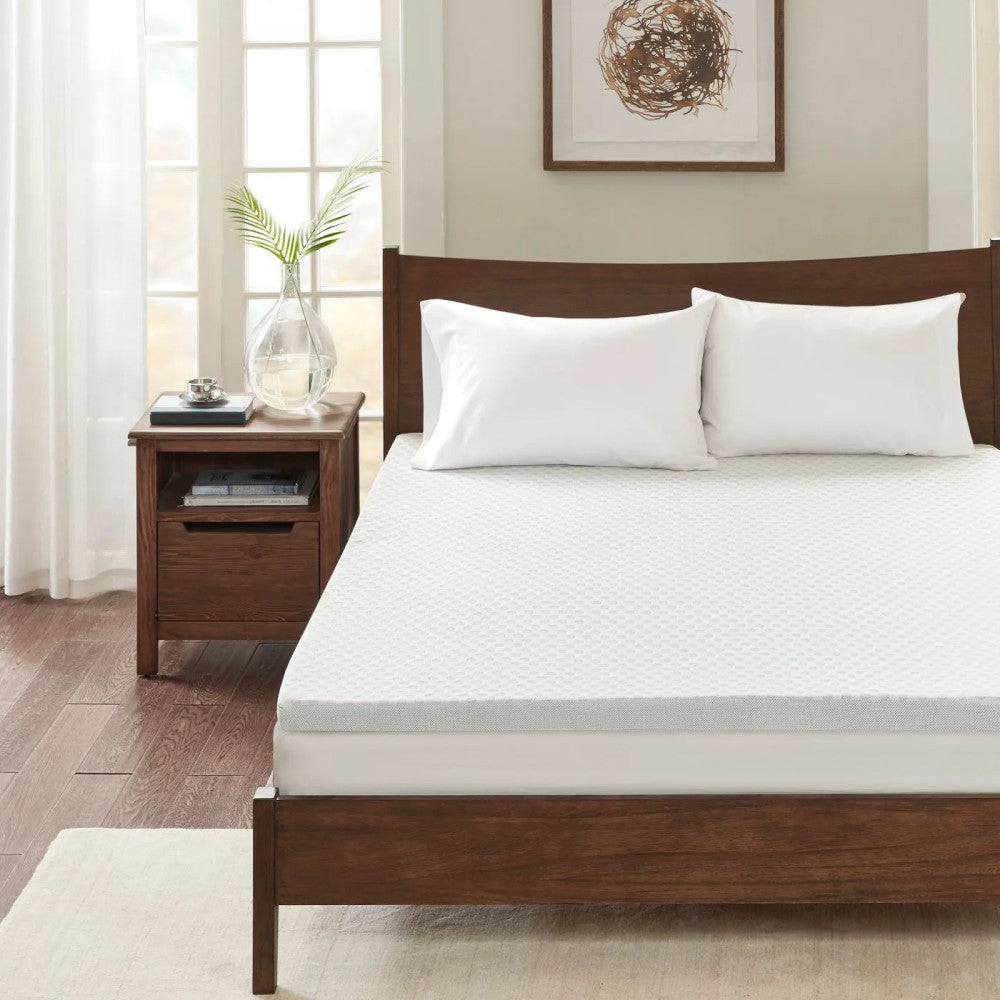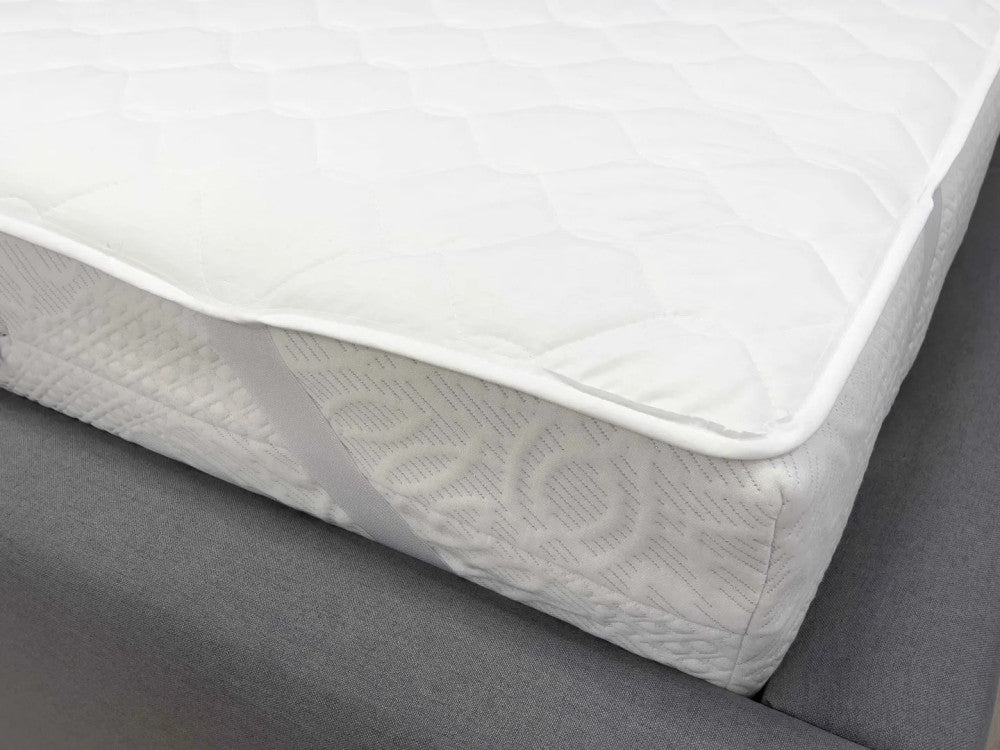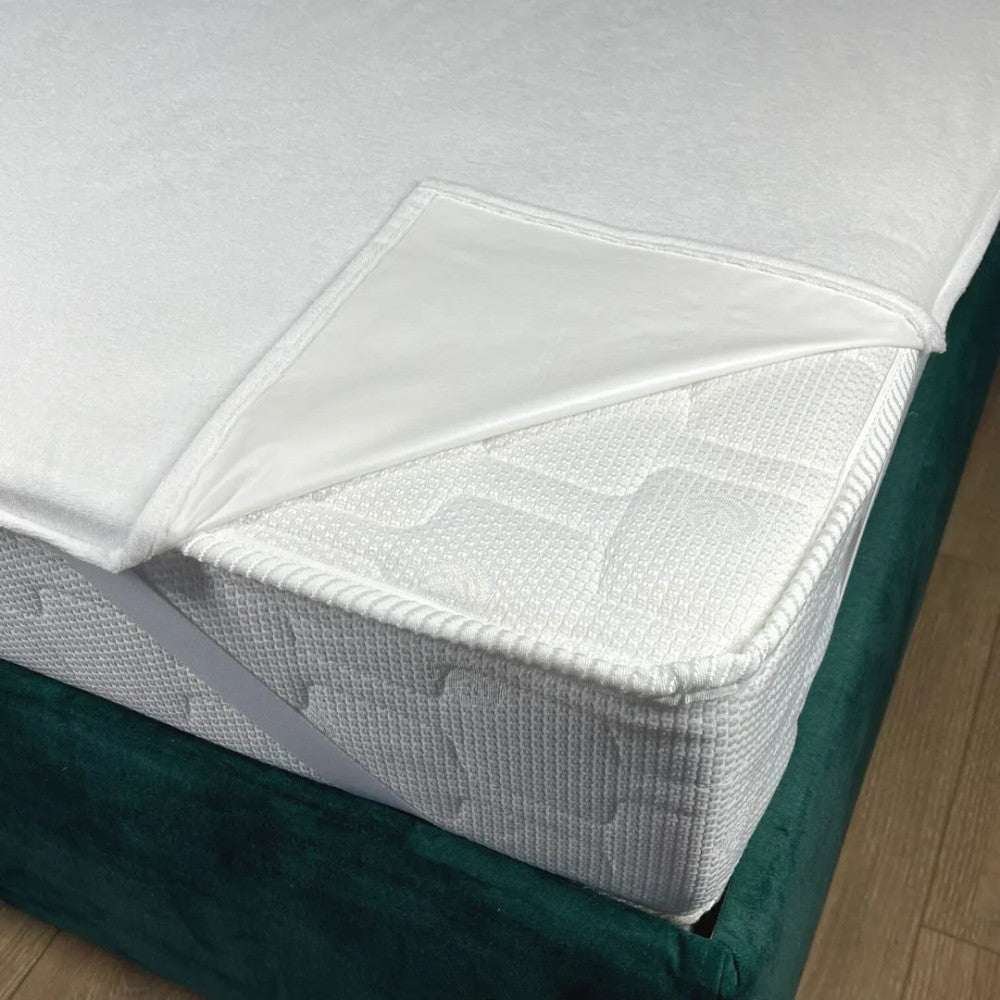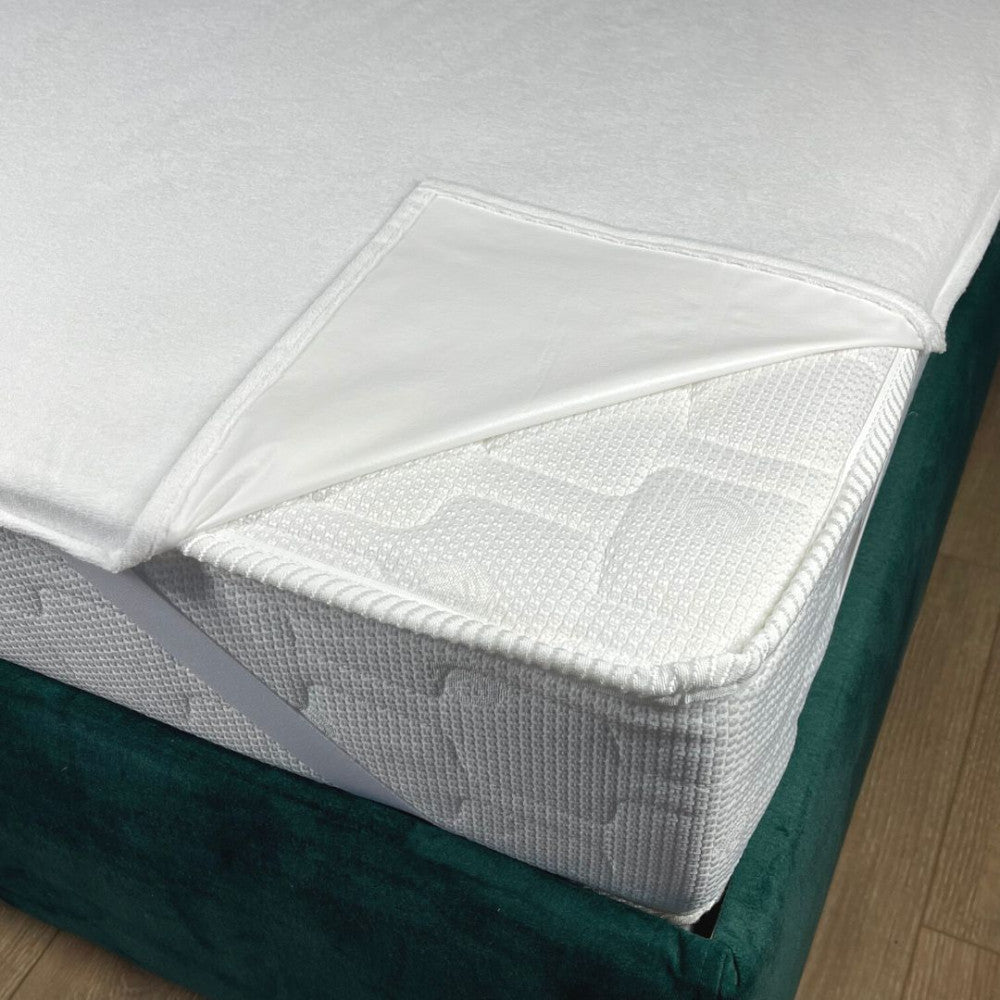If you've ever spent even ten minutes browsing the internet looking for a new pillow, you've probably noticed that there are so many options. Small pillows, half pillows, large pillows; memory foam or polyester balls; hypoallergenic or traditional... and the list goes on. But how do you know which pillow is the best for you?
How to choose the perfect pillow?
Let's start with the basics.
At the end of the day, when you come home from work exhausted and lie down to sleep, one of the most important tasks of your pillow is to provide sufficient support for your neck.
Support doesn't necessarily mean that the pillow is fluffy. Rather, it means that the pillow should keep the head, neck, and spine in a neutral position and support the natural curvature of the spine.
This support not only relieves neck pain, but also relieves pressure throughout your entire body.
Tip: Your spine is in optimal position when your ear is in line with your shoulder and your chin is in line with your sternum.
However, what's really tricky is that different types of pillows are suitable for different sleeping positions.
Before we introduce these, we think it's important to mention that although the pillow is intended to maintain healthy posture, you should also pay attention to ensuring that it meets your personal preferences.
That is, if you If you need an anti-allergenic , cotton pillow, you need to find a common set that both supports your posture and meets your needs.
Now that we've clarified these important points, let's take a look at what pillows are needed for back sleepers.

The best pillow for sleeping on your back (lying supine)
For healthy posture, back sleepers need a pillow that is medium height and medium firmness. Additionally, back sleepers may benefit especially from memory foam pillows.
And why are these parameters the most ideal? Let's take a closer look.
- Medium height – A medium height helps relieve pressure on your neck and shoulders by providing a “soft buffer” between you and the mattress. If your pillow is too high, your head will tilt up, and if it’s too flat, it’ll be too low. In both situations, the end result is a sore, knotty neck and a dull headache.
- Medium hardness – A medium-firm pillow will support your head enough to keep it in line with your spine and ensure that the pillow doesn’t flatten out during the night. If your pillow is too soft, it will likely lose its shape under the weight of your head.
- Memory foam – The memory foam comfortably hugs the neck while lying on your back and adapts to its contours.

The best pillow for side sleepers
To maintain healthy posture, side sleepers need a high-lying, firmer-supporting, soft pillow.
- High pillow – Most importantly, a higher-profile pillow will support your head higher, helping to keep your spine in a straight line. In addition, a high pillow will relieve pressure on your shoulders and ensure that your body weight is not resting on them. If you often feel your shoulders uncomfortable at night, especially before falling asleep, or the mattress is pressing on them, then your pillow is probably too low.
- Hard support – Pillows with medium-firm support help to keep your spine aligned at night by supporting your head and neck. If the pillow's support is too soft, your head will gradually sink and you'll wake up with a stiff neck in the morning.
- Soft and malleable – The high, yet firm, soft pillows are easy to shape, so you can easily reach under them with your hand when lying on your side.

The best pillows for stomach sleepers
Lying on your stomach is perhaps a bit out of line, as experts say this position is best avoided, as unlike the others, there is a greater risk of straining your neck and a disproportionate amount of weight is placed on your stomach.
Still, there are some people who simply cannot sleep any other way. However, you can easily alleviate the discomfort caused by this position with a well-chosen pillow.
The best solution is a lower, soft-supporting, and basically soft pillow that doesn't push your head up and makes you "sink in" more.
- Low altitude – To maintain the proper curve of the spine, stomach sleepers need a low-height pillow. If your pillow is even slightly too high, your head will tilt upward, affecting your overall posture.
- Soft support – Pillows with soft support create a comfortable buffer between the mattress and your head, and ensure that your head is not overly supported. The harder the pillow, the more likely your neck will be sore in the morning.
- Soft material – For stomach sleepers, one of the best options is the old, classic feather pillow. Why? Because feathers are extremely compressible, very soft, and completely moldable. This way, you can reach under the pillow or hug it instead of lying on your arm.
Summary
Finally, one more thought about natural preferences. If you have a dust mite allergy, you should definitely choose an anti-allergenic pillow. And if you like to sleep on your stomach, you should definitely not choose an anatomical pillow, as these are only recommended for side and back sleeping.
In the quilt-pillow webshop our different types of pillows you can choose from, where you can find the one that suits you best



